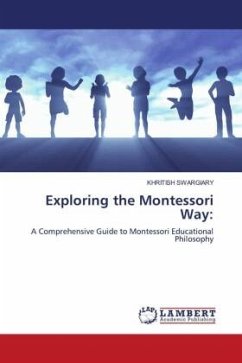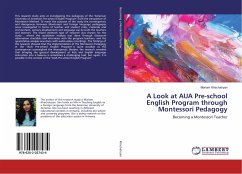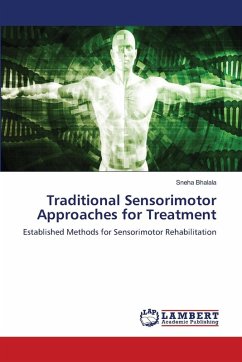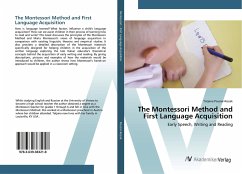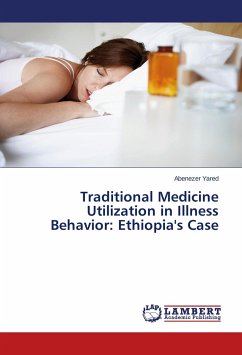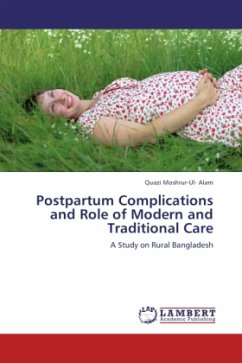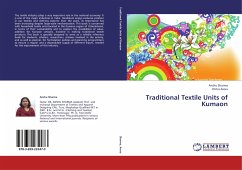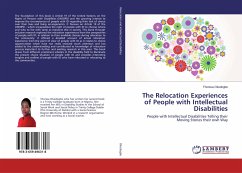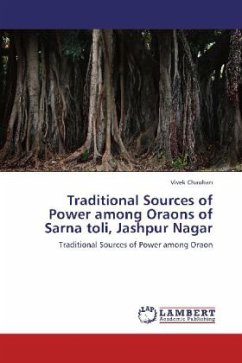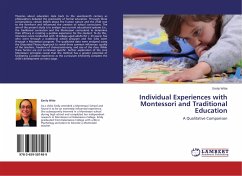
Individual Experiences with Montessori and Traditional Education
A Qualitative Comparison
Versandkostenfrei!
Versandfertig in 6-10 Tagen
36,99 €
inkl. MwSt.

PAYBACK Punkte
18 °P sammeln!
Theories about education date back to the seventeenth century as philosophers debated the practicality of formal education. Through these conversations, certain beliefs about the human nature and the child rose to the forefront and influenced the creation of school curriculums. The aim of the present study is to analyze two current educational systems (i.e., the traditional curriculum and the Montessori curriculum) to determine their efficacy in creating a positive experience for the student. To do this, interviews were conducted with 10 college-aged adults (M = 23 years); five who went throug...
Theories about education date back to the seventeenth century as philosophers debated the practicality of formal education. Through these conversations, certain beliefs about the human nature and the child rose to the forefront and influenced the creation of school curriculums. The aim of the present study is to analyze two current educational systems (i.e., the traditional curriculum and the Montessori curriculum) to determine their efficacy in creating a positive experience for the student. To do this, interviews were conducted with 10 college-aged adults (M = 23 years); five who went through a traditional school program and five who went through a Montessori program. The qualitative data were analyzed using the Grounded Theory Approach to reveal three common influences: quality of the teachers, freedom of choice/autonomy, and size of the class. While these factors are not curriculum specific, further exploration of the core Montessori principles reveal that the method has a greater potential of facilitating a positive experience as the curriculum inherently considers the child's development at every stage.





